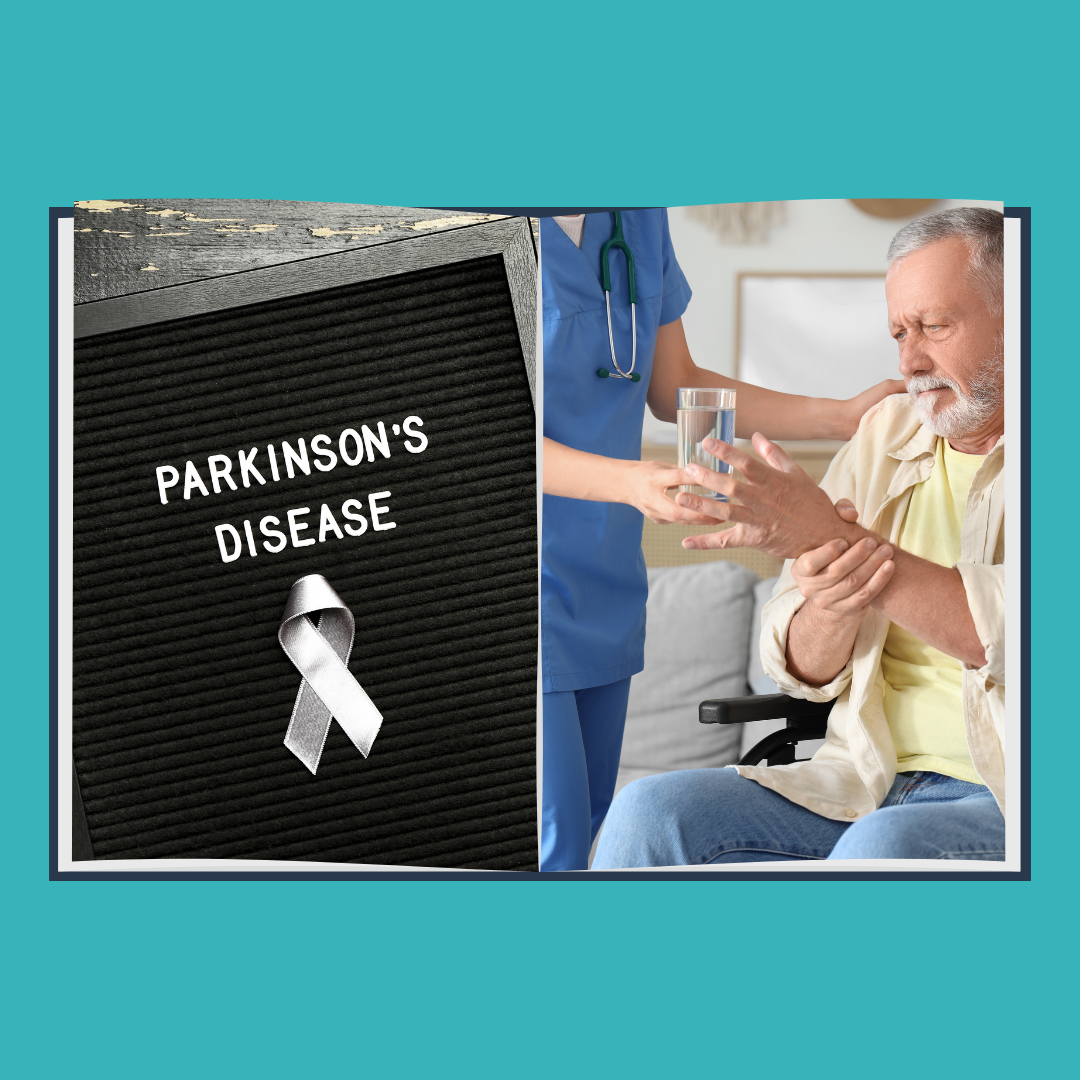New Paragraph
Understanding Post-Traumatic Stress Disorder (PTSD) in Seniors And Adults: How In-Home Care Can Help
Post-Traumatic Stress Disorder (PTSD) is often associated with younger individuals, particularly veterans returning from combat. However, seniors and adults can also suffer from PTSD, often triggered by events such as the loss of a loved one, serious illness, or traumatic experiences from earlier in life. Recognizing and addressing PTSD in older adults is crucial for their well-being, and in-home care can play a significant role in providing the support they need.
What is PTSD?
PTSD is a mental health condition that can develop after an individual experiences or witnesses a traumatic event. Symptoms can include flashbacks, nightmares, severe anxiety, and uncontrollable thoughts about the event. For seniors, these symptoms can be particularly distressing and may be compounded by other age-related issues.
Signs of PTSD in Seniors
Recognizing PTSD in seniors can be challenging, as symptoms may be mistaken for other conditions such as dementia or depression. Common signs include:
- Re-experiencing the trauma: Flashbacks, nightmares, and intrusive thoughts about the traumatic event.
- Avoidance: Avoiding places, people, or activities that remind them of the trauma.
- Negative changes in beliefs and feelings: Feelings of guilt, shame, or persistent negative emotions.
- Hyperarousal: Being easily startled, feeling tense, difficulty sleeping, or having angry outbursts.
The Impact of PTSD in Seniors
PTSD can significantly impact the quality of life for seniors. It can lead to isolation, as individuals may withdraw from social activities and family interactions. The stress and anxiety associated with PTSD can exacerbate physical health problems, leading to a decline in overall well-being. Furthermore, seniors with PTSD may struggle with everyday tasks, making it difficult for them to maintain their independence.
How In-Home Care Can Help
In-home care services can provide the necessary support to help seniors manage their PTSD and improve their quality of life. Here's how:
- Personalized Care Plans:
Caregivers work closely with healthcare professionals to develop personalized care plans tailored to each individual's needs. This includes strategies for managing PTSD symptoms and providing emotional support. - Companionship and Emotional Support:
Isolation can worsen PTSD symptoms. Caregivers offer companionship and a listening ear, helping seniors feel connected and supported. Regular interaction can reduce feelings of loneliness and anxiety. - Medication Management:
Seniors with PTSD may be prescribed medications to help manage their symptoms. Caregivers assist with medication management, ensuring that prescriptions are taken correctly and on schedule. - Creating a Safe Environment:
A safe and familiar environment can help reduce anxiety for seniors with PTSD. Caregivers help maintain a comfortable home environment, free from triggers that might cause distress. - Routine and Stability:
Establishing a daily routine can provide a sense of stability and predictability, which is beneficial for individuals with PTSD. Caregivers help seniors stick to a regular schedule, including meals, medication, and activities. - Support with Daily Activities:
PTSD can make it challenging for seniors to perform daily tasks. Caregivers provide assistance with activities such as bathing, dressing, and meal preparation, allowing seniors to maintain their independence. - Access to Professional Help:
In-home care can facilitate access to mental health professionals. Caregivers can help arrange appointments, provide transportation, and ensure that seniors attend therapy sessions and follow treatment plans. - Engaging in Therapeutic Activities:
Activities such as light exercise, art, and music therapy can be beneficial for managing PTSD symptoms. Caregivers encourage participation in these activities, promoting mental and emotional well-being.
PTSD in seniors and adults is a serious condition that requires compassionate care and comprehensive support. In-home care services can play a vital role in helping individuals manage their symptoms, maintain their independence, and improve their quality of life. If you or a loved one could benefit from these services, consider reaching out to an in-home care provider. They are there to help you navigate this challenging journey with care and understanding.









